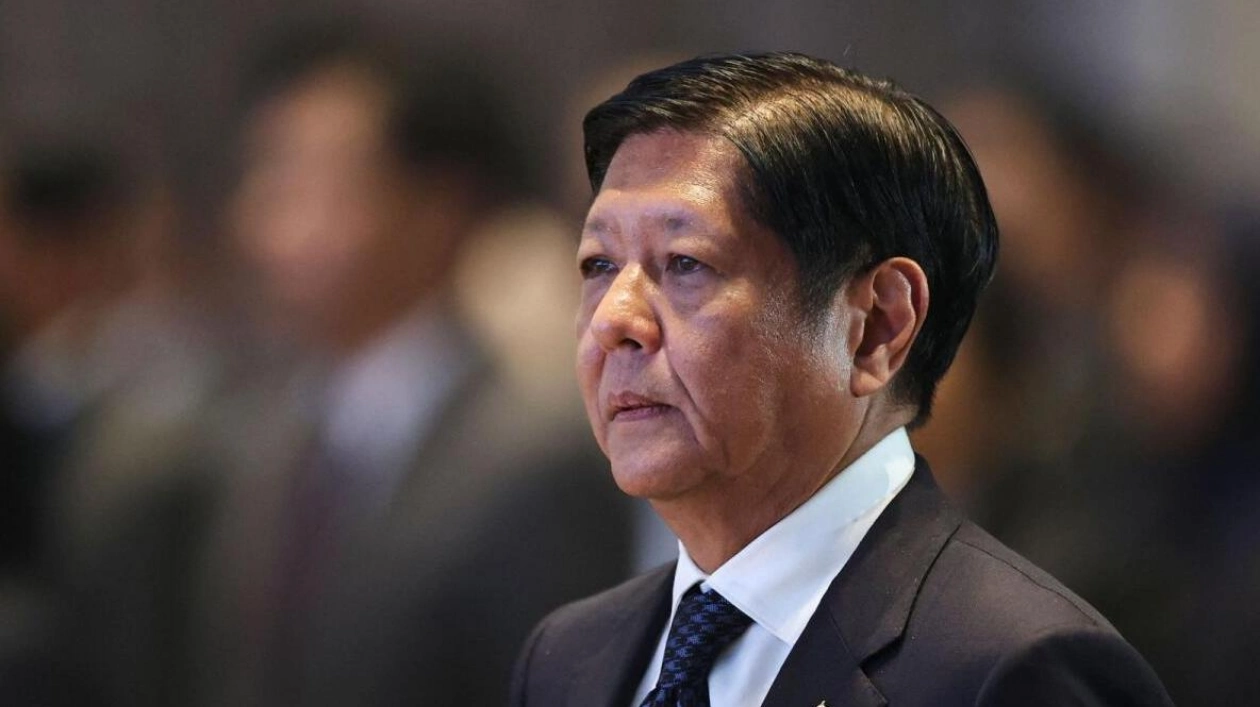Philippines President Ferdinand Marcos Jr. announced in July a total ban by the end of 2024 on Philippine online gaming operators (POGOs), which Manila claims were being used by organized crime for activities such as human trafficking, money laundering, online fraud, kidnappings, and even murder. — Reuters file
Criminal gangs operating online scam farms in the Philippines are reportedly downsizing their operations to evade a widespread crackdown, according to officials. President Ferdinand Marcos announced in July a complete ban on POGOs by 2024, citing their use as a cover for various criminal activities. Justice Undersecretary Felix Nicholas Ty revealed that government raids continue as scammers still traffic both foreign and local workers, forcing them to engage in fraudulent investment schemes targeting clients worldwide. However, these operations have shifted from large compounds in major cities to smaller, less conspicuous locations in the provinces.
"The modus operandi right now of these operations is to have a guerrilla-style, smaller-scale (operations) in resorts, maybe even residences," Ty explained during a security forum, noting that some scammers have also switched to less advanced hardware. Senator Sherwin Gatchalian, who also spoke at the forum, agreed, stating, "We're seeing the evolution from big-scale operations to smaller operations." Gatchalian added that scam farms are now adopting new disguises, such as a recent raid on an operation posing as a business process outsourcing company but found to be running scamming software.
Ty acknowledged that while there are signs that the scammers' resources are dwindling, they remain entrenched, and it would be unrealistic to eliminate them entirely due to limited government resources and manpower. Southeast Asia, particularly the Philippines, is considered the epicenter of the global scamming industry, according to the United Nations Office on Drugs and Crime. A May 2024 report by the United States Institute of Peace highlighted that these scammers target millions of victims worldwide, generating annual revenues of $64 billion. Jason Tower, a principal author of the study, explained that these crime groups, primarily from mainland China, initially operated in the online gambling space before expanding into more lucrative scamming activities. The industry is estimated to employ around 500,000 workers, including 15,000 in the Philippines, who are recruited mainly through social media and forced to work on scams, facing torture if they fail to meet quotas. Myanmar hosts the largest group of scam workers, with 120,000.
Ty noted that the syndicates have invested heavily in their Philippine-based operations and may be trying to recoup some of their losses. "That's why they persist in operating the way they're operating now, even if it is in a smaller scale and perhaps less profitable manner than it was before," he said.
Source link: https://www.khaleejtimes.com






